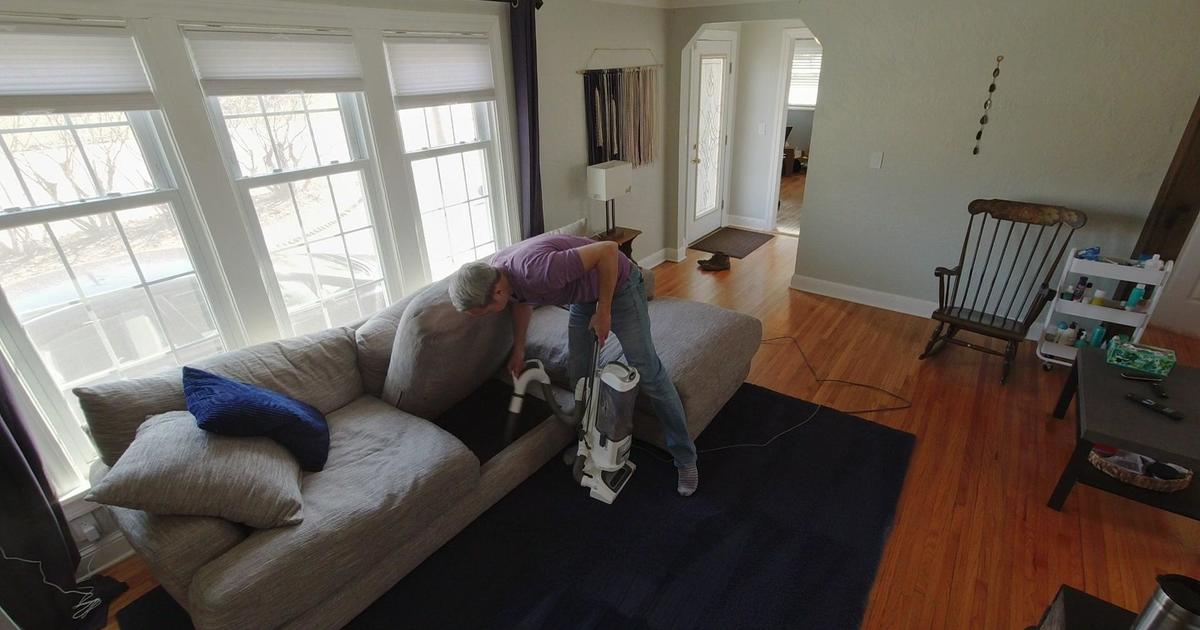Good Question: What Health Clues Can Your Body Give?
MINNEAPOLIS (WCCO) -- If you find clues to your future health by looking at your earlobe, finger nails or ankles, you'd be checking right now. So, can clues on the outside of our body help doctors know what could be happening on the inside?
"Your body is giving us clues all the time," said Dr. David Agus, the oncologist who treated Lance Armstrong and helped Steve Jobs in his fight against cancer.
Agus has written "The End of Illness," where he urges Americans to be more active in monitoring their own health.
"You go to your doctor one time a year," he said, noting that doctors take readings that give a snapshot in that moment. They can't know what kind of changes we should be picking up ourselves.
Agus pointed out that there's a lot of research that points to finger length as an indicator. If a woman has a longer ring finger than index finger: "that's a risk factor for osteoarthritis. That means she needs to pay a little more attention, doesn't mean she's going to get it. It's not deterministic as we say. It just means pay attention to these things," said Agus.
For guys, the clue is opposite. If the index finger is longer, a man's risk of developing prostate cancer drops by a third.
Agus also said people should be paying attention to fingernails.
"Fingernails are a marker of health," he said.
If they start turning yellow, you should get checked for diabetes. That half-moon of white at the base of the fingernail is important, he said.
"When you can see it it's a marker your hemoglobin count is above 10," according to Agus. When you can't see it, or it gets smaller, you might want to tell your doctor.
"Many times, little things can tell you a lot," said Dr. William Nersesian, the chief medical officer for Fairview Physician Associates.
Nersesian said that people shouldn't obsess over those little things, and family history along with behavioral factors like smoking or abusing alcohol are much more important factors.
Still, he said he uses those external signals as a way to confirm hunches and diagnoses.
"Many genetic syndromes are defined by a constellation of symptoms, a bunch of different things," Nersesian said.
"With some people the way their earlobe is shaped can tell you whether they have a propensity for heart disease or not," said Nersesian.
Several studies have pointed to a diagonal crease on the earlobe as a predictor for heart disease.
"There's a certain type of cloudiness around the cornea that if you have it under age 40, it can actually show your cholesterol is a little bit high," Nersesian added.
Agus also suggests you keep an eye on your ankle hair. If you start losing that hair, research indicates you could have a circulation problem.
"It's your circulation. It's a window inside you," he said.



